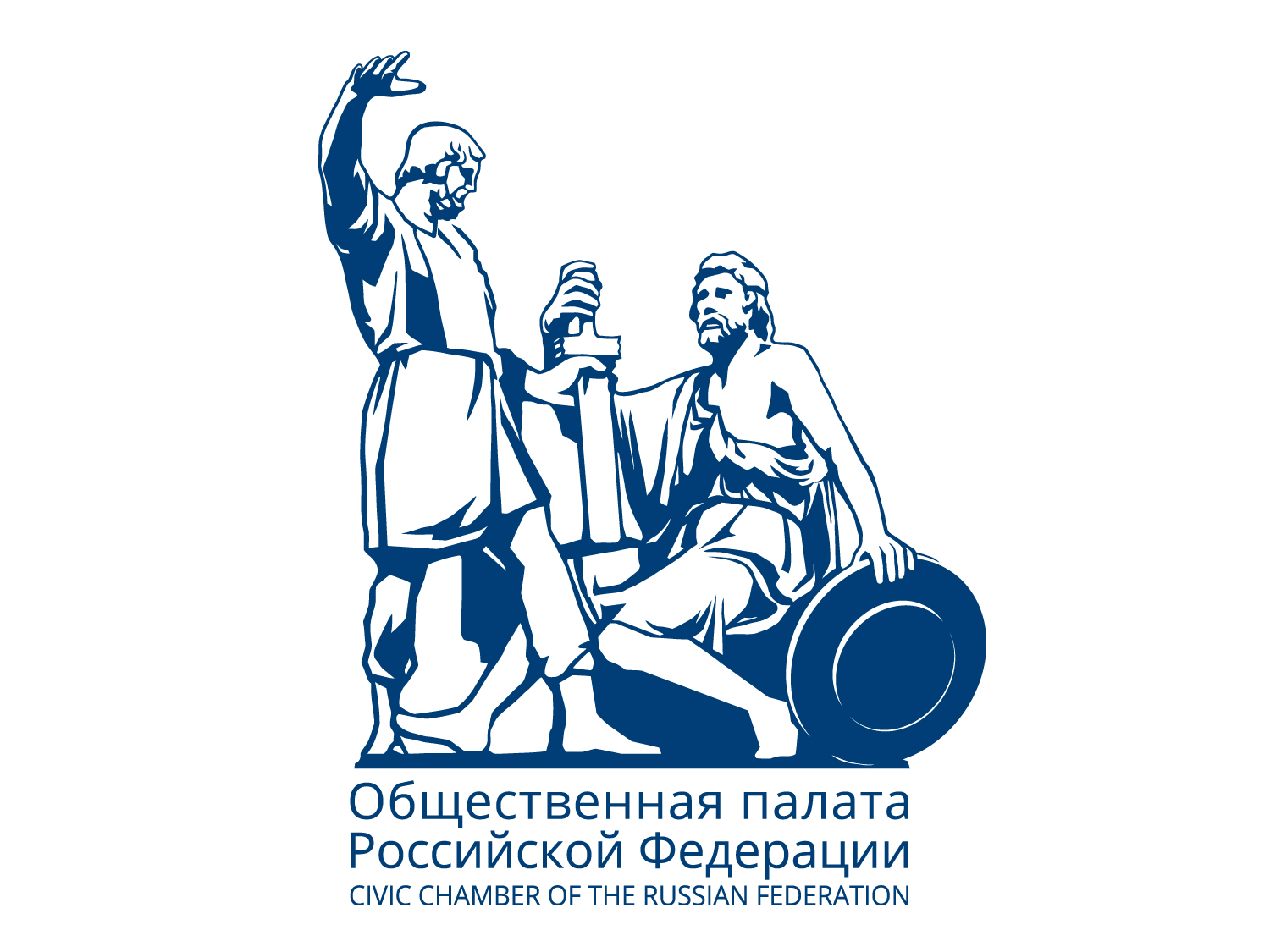
Helena Sheehan
Helena Sheehan is Emeritus Professor at Dublin City University where she taught history of ideas and media studies. She has presented many conference papers and public lectures in universities and other bodies in USA, USSR, GDR, Mexico, Canada, Ireland, UK, France, Germany, Czechoslovakia, Yugoslavia, Greece and South Africa. Her publications include Marxism and the Philosophy of Science, Has the Red Flag Fallen?, European Socialism: A Blind Alley or a Long and Winding Road?, The Syriza Wave and Navigating the Zeitgeist. She has been a political activist on the left for many years, beginning with the new left in the US in the 1960s, continuing through the decades with the Irish republican movement and international communist movement and still struggling for lucidity and justice in an increasing confused and unjust world.
Wars: Hot and Cold, Old and New
I was born during the war. My father was a combatant. He was a soldier in the US Army and fought on the European front. After the war, he was stationed in the American sector in Berlin. We did not meet until I was 18-months-old. I grew up in the shadow of that hot war and in the everyday life of the cold war that followed.
I got the impression that fascism and communism were basically the same. They were both totalitarian regimes. I had no idea that the USSR fought on the same side as the US in that war.
I got the impression that fascism and communism were basically the same. They were both totalitarian regimes. I had no idea that the USSR fought on the same side as the US in that war.
I was taught that communism was not only a false political ideology but a cosmological evil. It was the enemy of our nation and our religion
They erected an "iron curtain" and those who lived on the other side were enslaved. I didn’t know any communists in the US, but I heard that there were some and I thought that Senator McCarty was right and that they should be rooted out.
Nothing was more inconceivable to me than the idea that I would one day become a communist. However, I did. I became a communist. At first, I was a Kennedy liberal. Then a new left activist for civil rights and against the war in Vietnam.
Nothing was more inconceivable to me than the idea that I would one day become a communist. However, I did. I became a communist. At first, I was a Kennedy liberal. Then a new left activist for civil rights and against the war in Vietnam.
In the process, I questioned everything I had been taught and constructed a new world view, which eventually converged with Marxism
It was in my other country, Ireland, that I changed my attitude to the USSR and joined a communist party. Ireland was neutral during the war. After the war, under the heavy hand of conservative catholicism, there was a strong current of cold war anti-communism. However, by the time I arrived, this had dissipated and I found a much more open attitude to the USSR in Ireland than in the USA.
I crossed over to the other side of that imaginary iron curtain and found it to be nothing like what I had imagined as a child. On my first visit to the USSR, I was on a short course in Soviet studies at the Institute of Social Sciences in Moscow, also known as the semi-clandestine International Lenin School. We had lectures on various aspects of the USSR: history, political economy, philosophy and culture. We were taken to schools, factories, farms and soviets. We were able to wander the streets and see something of everyday life.
I learned a lot during those weeks, but it was on my second visit when I went alone and for a longer period of time that I learned so much more. I pursued research into Soviet debates about science, philosophy and politics. I got to know Soviet people much better, heard their life stories, discussed many issues with them. I learned something about what the war had meant from the Soviet side, about the disproportionate burden they bore, about the devastating losses they endured.
My impression was overwhelming affirmative, but not uncritical. I learned terrible things about what had happened in those historical debates I investigated. I knew that honest scientists, philosophers, workers, communists were purged and killed. I observed a lack of freedom in many aspects of contemporary life.
Nevertheless, I thought, and I still think, there was more to defend than to denounce.
I crossed over to the other side of that imaginary iron curtain and found it to be nothing like what I had imagined as a child. On my first visit to the USSR, I was on a short course in Soviet studies at the Institute of Social Sciences in Moscow, also known as the semi-clandestine International Lenin School. We had lectures on various aspects of the USSR: history, political economy, philosophy and culture. We were taken to schools, factories, farms and soviets. We were able to wander the streets and see something of everyday life.
I learned a lot during those weeks, but it was on my second visit when I went alone and for a longer period of time that I learned so much more. I pursued research into Soviet debates about science, philosophy and politics. I got to know Soviet people much better, heard their life stories, discussed many issues with them. I learned something about what the war had meant from the Soviet side, about the disproportionate burden they bore, about the devastating losses they endured.
My impression was overwhelming affirmative, but not uncritical. I learned terrible things about what had happened in those historical debates I investigated. I knew that honest scientists, philosophers, workers, communists were purged and killed. I observed a lack of freedom in many aspects of contemporary life.
Nevertheless, I thought, and I still think, there was more to defend than to denounce.
The communist movement had lit up the XX century, clarified the contours of capitalism, set out to build a systemic alternative to it, shifted the balance of power and distribution of wealth in the world
In socialist countries, there was a far more equitable distribution of resources and a higher social purpose than the world from which I had come.
I also spent much time during the last decades of socialism in the GDR, Czechoslovakia, Bulgaria and Yugoslavia. I had many honest discussions and exposure to many points of view. I was enthusiastic about glasnost and perestroika and the renewal of socialism I thought it would bring.
It was a shock to behold the end of the USSR — and the GDR, Czechoslovakia and Yugoslavia. This was a most dramatic upheaval, not only politically, but psychologically. It seemed as if history was moving backwards. My whole sense of history was built around the idea of a transition from capitalism to socialism. Yet I saw the opposite happening before my eyes. Such socialism as existed was always under the global domination of capitalism. It was contested and incomplete, but it finally succumbed in the drive for full-spectrum domination in the new world order that emerged.
Those who thought this would be a happily-ever-after tale of freedom and prosperity were disappointed almost immediately.
I also spent much time during the last decades of socialism in the GDR, Czechoslovakia, Bulgaria and Yugoslavia. I had many honest discussions and exposure to many points of view. I was enthusiastic about glasnost and perestroika and the renewal of socialism I thought it would bring.
It was a shock to behold the end of the USSR — and the GDR, Czechoslovakia and Yugoslavia. This was a most dramatic upheaval, not only politically, but psychologically. It seemed as if history was moving backwards. My whole sense of history was built around the idea of a transition from capitalism to socialism. Yet I saw the opposite happening before my eyes. Such socialism as existed was always under the global domination of capitalism. It was contested and incomplete, but it finally succumbed in the drive for full-spectrum domination in the new world order that emerged.
Those who thought this would be a happily-ever-after tale of freedom and prosperity were disappointed almost immediately.
What came to the "wild east" was a raw and ruthless form of capitalism, such as those advocating it from outside had never experienced
It was economic collapse and social upheaval and psychic dislocation. It was not the expected rise from second to first world, but a plunge into third world. The imposed "shock therapy" resulted in mass privatisation, accumulation by dispossession, unemployment, impoverishment, social turmoil and excess deaths. People sought democracy and got mafiacracy. Marxism became heretical as institutions were purged once again. Intellectual obfuscation prevailed even in higher institutions of learning.
How the enemies of socialism gloated at their victories and our defeats. It wasn’t even enough for them to see the USSR and other socialist regimes disappear from the map of the world.
How the enemies of socialism gloated at their victories and our defeats. It wasn’t even enough for them to see the USSR and other socialist regimes disappear from the map of the world.
They had to slander their memory and they continue to do so. In their commemoration of the defeat of fascism, they airbrush out of the picture the monumental role played by the USSR
The European Parliament took the occasion of the 80th anniversary of the beginning of the war to equate communism with fascism as totalitarianism. More recently, most media coverage of commemorations of the 75th anniversary of the liberation of Auschwitz failed to mention that it was the Red Army who liberated that place of horrors.
The evasions and deceits of the new cold war echo those of the old one.
History is a terrain of struggle. We need to contest their deceptions and seductions in their version of the past as well as in our present politics.
The evasions and deceits of the new cold war echo those of the old one.
History is a terrain of struggle. We need to contest their deceptions and seductions in their version of the past as well as in our present politics.
On the use of information
All materials on this website are available under license from Creative Commons Attribution 4.0 International and may be reproduced for non-commercial purposes, provided the source is acknowledged.
Demonstration of Nazi and fascist paraphernalia or symbols on this resource is related only to the description of the historical context of the events of the 1930−1940s, is not its propaganda and does not justify the crimes of fascist Germany.
All materials on this website are available under license from Creative Commons Attribution 4.0 International and may be reproduced for non-commercial purposes, provided the source is acknowledged.
Demonstration of Nazi and fascist paraphernalia or symbols on this resource is related only to the description of the historical context of the events of the 1930−1940s, is not its propaganda and does not justify the crimes of fascist Germany.
This is a project of the Civic Chamber of the Russian Federation and the Institute of Foreign Policy Research and Initiatives


